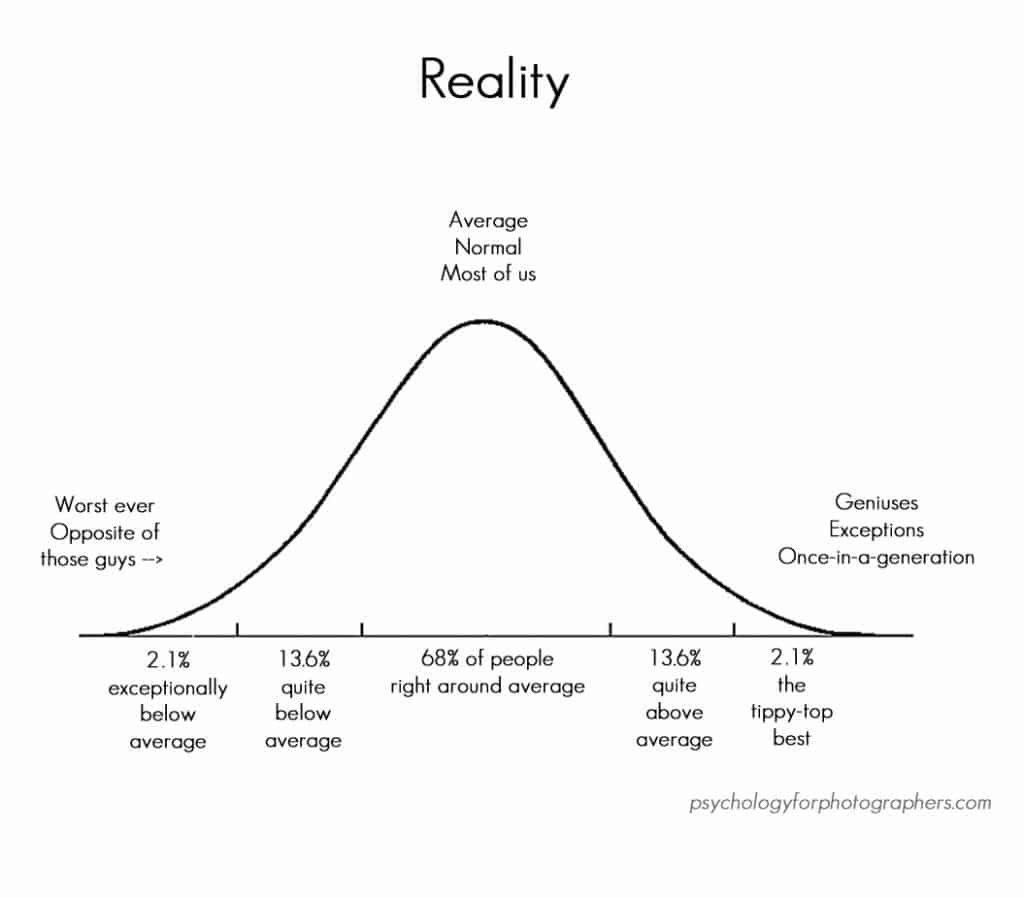The Blog Library
Is using psychology in marketing unethical?
I have an email from a reader here, and thought you might be interested to see it, too:
“I’ve been struggling with something…There are all sorts of tips and tactics about how to attract customers, how to grab their attention, increase sales, up-sell, etc. I understand many of these things can have a significant impact on success but I’m uncomfortable, wondering if these are used to influence (manipulate?) clients’ decisions unfairly.
If I list my prices as $299 instead of $300, or use the right colors on my website to show that I am trustworthy, or have a ‘one time’ offer that expires in 48 hours…aren’t I really preying on clients’ fears, guilt, or budget constraints to stay competitive? It seems that so much of this is subliminal and intentionally bypassing their conscious decision process. I want to be a good resource for customers to help them make right decisions, so I need to figure out when does psychology cross the line from strategic into sleazy?”
I am SO GLAD he asked this question. I take ethics seriously, and have considered these things carefully before sharing anything I’ve written for nearly eight years now.
Here are my answers:
1) I don’t believe tools are inherently good or bad, but the intention behind wielding one can be good or bad. It’s as true for hammers as it is for mental rules.
The first step to find the line between strategic and sleazy is to check your intention.
Is your purpose in using a certain color on your website to fool people into thinking you’re trustworthy, when you don’t actually care about clients? Or are you using color to communicate something that would normally be best communicated in person, but in our online world people need other kinds of cues, so you’re making sure those cues are there to ease their minds?
I think the latter is completely valid.
When meeting someone in person, people decide within a split second whether they trust them. If you’re walking into a job interview, it’s perfectly acceptable to dress appropriately and have a firm handshake, because you’ve learned that those will influence someone’s impression.
I feel the same way about websites – make sure they match the occasion and have a firm handshake, so to speak. Hiding your true personality behind a mask – whether in a job interview or in a website – heads into sleazy territory. Making sure your best foot is forward is just fine. As long as there’s integrity between what you really do for people and how you present yourself, I see no ethical issue.
2) After checking your intention, the next thing to look at is how it makes the client feel.
Take the 48 hour deadline. If you tell an existing client suddenly with no warning – “You have 48 hours to place your photo or I will delete everything!!!” then the impact will likely be huge money stress and panic. That’s rotten, and there’s no need to do it.
But say a client agreed ahead of time that once their photos were ready, you’d get together and select a 48 hour window for them to review the online gallery, with you acting as their personal concierge to help make decisions. After the window closes, there would be an extra gallery charge.
Totally different feeling. As anyone who has ever ordered photos knows – you basically need a firm nudge into doing it now.
Non-urgent decisions that require careful thought are always going to take a backseat to the rest of life.
But they do want and need the photos. The deadline simply provides a firm excuse to people to say no to other things for that 48 hours. And having a dedicated window when you’re available to help is also a reasonable thing – you can’t hang around forever, and that’s okay.
Same thing for making an offer – giving people 48 hours to book a special session can help someone who eternally says “I’ll think about this later…” finally think about it NOW. As long as you’re not offering that ‘one time offer’ every single week, you’re doing it with integrity.
There’s a huge difference between unfairly pressuring someone and helping them not procrastinate. There’s a huge difference between demanding someone act now and gently setting boundaries for what you can do for them. People can feel the difference.
3) Here’s the part I want to tackle head on: “It seems that so much of this is subliminal and intentionally bypassing their conscious decision process.”
Not exactly. You’re understanding that the human brain is overwhelmed with information it needs to organize and prioritize.
When you learn about mental rules and use them in marketing, you aren’t “hacking” into someone’s brain and forcing them to hire you. You’re simply clearing clutter from their mental stage or asking them to consider something in a new way.
Here’s an example I’ve taught before:
If you post on Facebook,
A) “Hey, do you need family photos? Booking summer sessions now!”
you are going to get a different reaction from than if you posted:
B) Quick question: How old are your kids in your last family photo?
Is it time for an update? 😉
Booking summer sessions now –>
When you post the first one, some people’s minds will automatically ignore it – meh, just another offer, I see thousands of offers a day. Others may have just come from paying bills and the question will stress them out.
The second one quietly ‘primes’ them to think about the offer in a different way. Mainly in that it gets them to think about the question for real – do I need family photos? Asking them to concretely consider how old their kids were makes them say, “Holy cow, my kids were only ages 2 and 5! They’re 6 and 9 now! Man, I really didn’t mean for it to be this long!”
Are you bypassing their conscious decision process? Not really. You’re asking them to reconsider which information is most relevant to their decision: The recent dentist bill, or the fact that they truly didn’t mean for this much time to elapse between family photos.
Most people don’t even realize how much they let everyday things put off long-term things until it’s too late. They are already being subconsciously influenced by things like bills, and maybe they don’t want to be! You’re giving them another way to look at the same thing.
They still have to make a conscious decision to hire you. There’s no quack mind control here. You’re just saying hey – let this tidbit weigh in your choice. And you don’t have to guilt people into it either – tone makes a difference. The question of “hey when was the last time you had photos taken?” can be asked honestly or sarcastically – and you can set it up so they know you’re really getting at. Smiles, colors, punctuation, humor, and graphics will help make your positive encouragement clear.
In sum: Just as you can use a hammer to smash a window or build a house, you can use mental rules to threaten people or support them.
Your intentions and the way people feel after encountering you will indicate which is which.
If you have integrity in offering people the right info at the right time, and they know what they’re agreeing to, and you follow through with great service?
Then there’s nothing wrong with using psychology in marketing.


